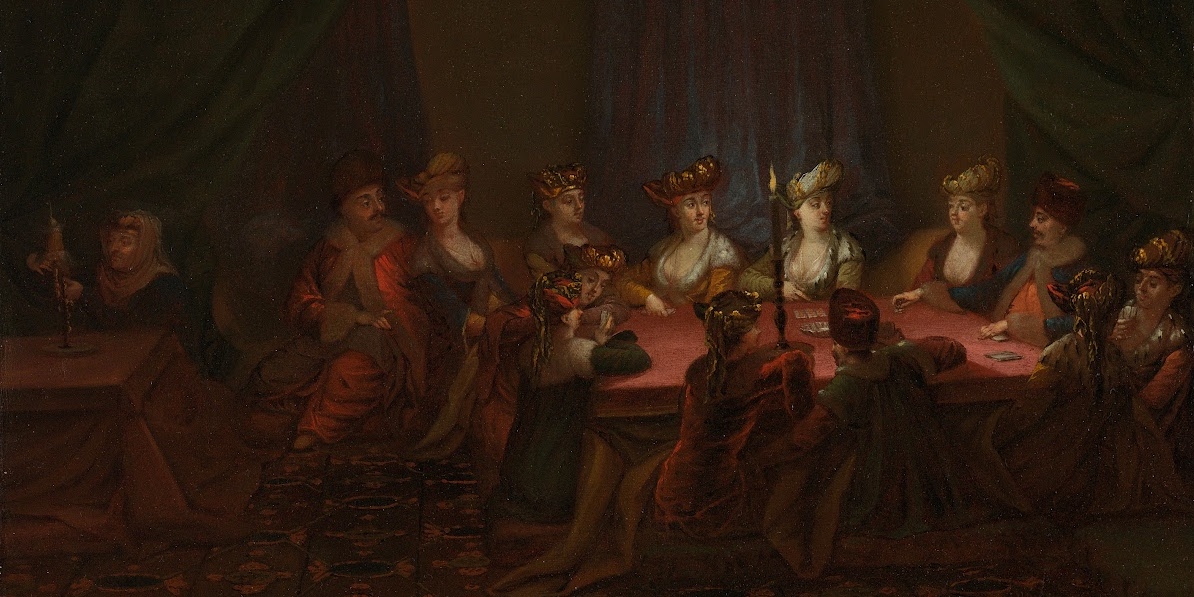Karamanli Culture in the Ottoman Empire | Ayça Baydar
Ottoman society was comprised of many different communities with overlapping linguistic, ethnic, and confessional identities. One such community, the Karamanlis of Anatolia, was a group that spoke Turkish and shared in a common Anatolian folk culture but maintained a Greek Orthodox religious belief and used the Greek alphabet in their Turkish language writings. During the nineteenth century, with the rise of ethnic nationalism and tensions between the Ottoman Empire (later Turkey) and Greece in particular, this group was caught in the middle. In this podcast, Ayça Baydar gives an overview of Karamanli culture and self-identification throughout this period of confusion and transformation.
Ayça Baydar is a PhD student at SOAS in London focusing on Ottoman history (see academia.edu)
Chris Gratien is a PhD candidate studying the history of the modern Middle East at Georgetown University (see academia.edu)
Citation: "Karamanli Culture in the Ottoman Empire: Hybridity, Identity and Ethnicity," Ayça Baydar and Chris Gratien, Ottoman History Podcast, No. 65 (August 16, 2012) http://www.ottomanhistorypodcast.com/2012/08/karamanli-culture-in-ottoman-empire.html.
Note for the listener: Although this podcast is based in part on primary source research, it is also a synthesis of publicly available information and draws extensively from the following works below, which are also mentioned during the course of the episode. For the purposes of academic citation, we encourage you to consult these works.
Select Bibliography
Balta, E., (2010). Beyond The Language Frontier. Istanbul: Isis Press.
Clogg, R., (1999). 'A Millet within a Millet: the Karamanlides' In Gondicas D. & Issawi. Clogg (Eds) Ottoman Greeks in the Age of Nationalism. Princeton: Darwin Press. 115-142.
Karpat, K., (1982). Millets and Nationality: The Roots of the Incongruity of Nation and State in the Post-Ottoman Era.
Turcologica 83. (2010). Cries and Whispers in Karamanlidika Books. Ed. by Evangelia Balta and Matthias Kappler. Harrassowitz Verlag. Wiesbaden.










Comments
Post a Comment
Due to an overwhelming amount of spam, we no longer read comments submitted to the blog.